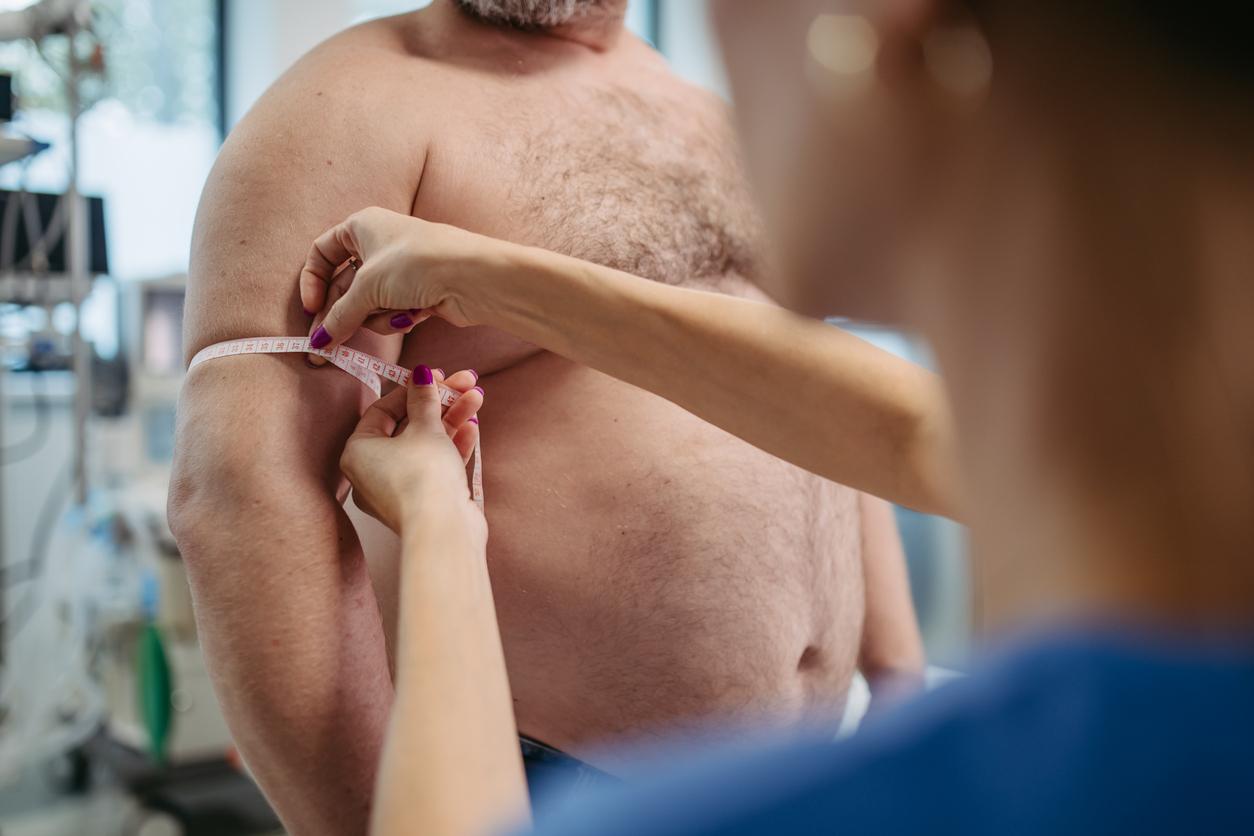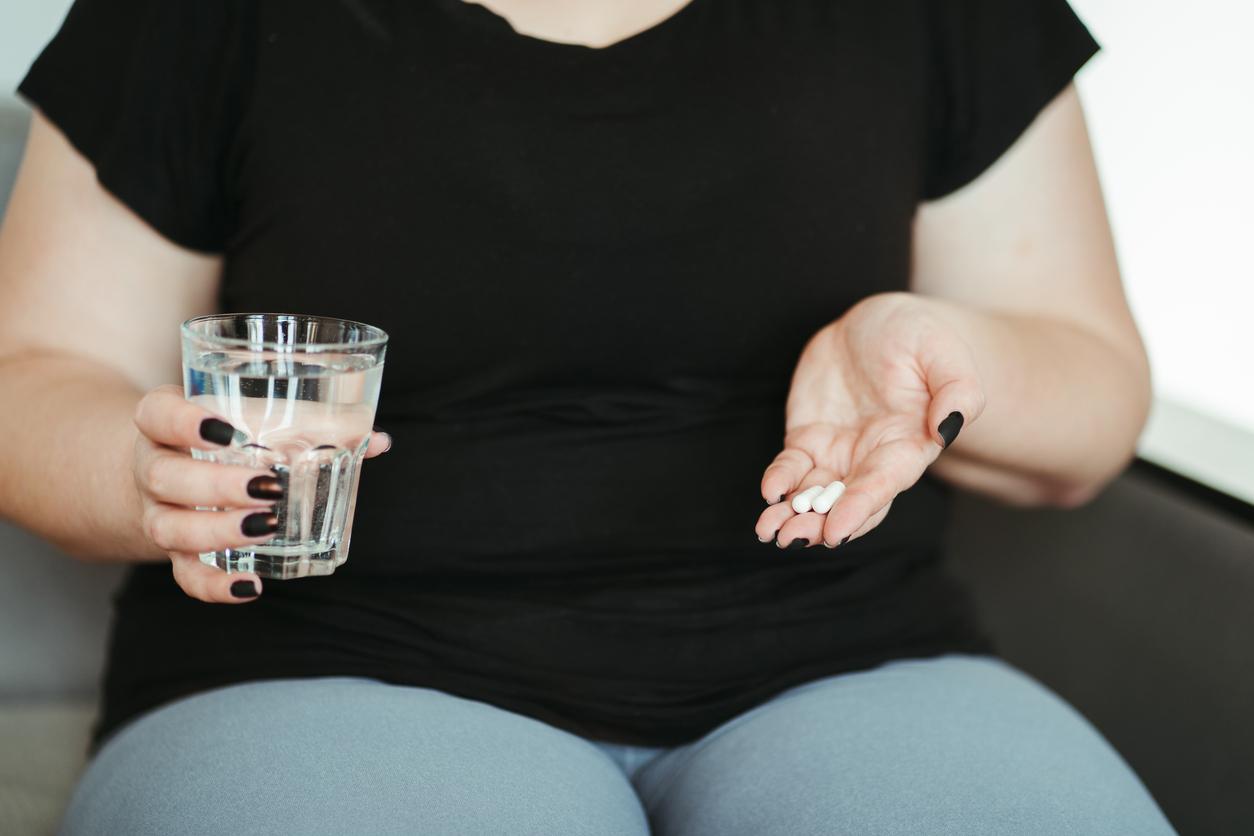Taking GLP-1 receptor agonists, used by diabetic patients, is effective in reducing the consumption of alcoholic beverages in obese people.

- The drug “Exenatide”, prescribed for diabetes, does not reduce alcohol consumption as a whole.
- In contrast, in people with a BMI greater than 30, it causes “significant reductions in the responsiveness of brain reward centers to fMRI.”
- Patients taking the “dulaglutide” treatment were 29% more likely to drink less alcohol than those taking a placebo.
“Despite the availability of various pharmacological and behavioral interventions, alcohol-related mortality is increasing”reported researchers from the University of Nottingham (England). In a recent study, they wanted to critically study the existing literature on the association between alcohol consumption and the use of glucagon-like peptide-1 (GLP-1) receptor agonists. As a reminder, these treatments are prescribed to adults with diabetes.
6 studies involving 88,190 people were included and reviewed
For the purposes of the research, published in the journal eClinicalMedicinescientists pooled cohort studies, published through August 7, 2024, examining whether diabetes medications affected alcohol consumption, alcohol-related health problems, hospital visits and patient reactions. brain to alcohol signals. The team then reviewed six studies, including two randomized controlled trials involving 88,190 people with an average age of 49 years. Among them, 38,740 benefited from glucagon-like peptide-1 receptor agonists.

Alcohol: a positive effect of antidiabetic drugs in obese patients
Results showed no reduction in 30-day alcohol consumption after 24 weeks of exenatide treatment compared to placebo. However, patients with a BMI greater than 30, that is, those with obesity, showed positive results, “with significant reductions in the responsiveness of brain reward centers to fMRI”. According to a secondary analysis, participants taking dulaglutide were 29% more likely to reduce their alcohol consumption. Additionally, observational studies have found fewer alcohol-related medical events and significantly decreased alcohol consumption when taking GLP-1 receptor agonists compared to other treatments. .
“Although further research is needed, our results suggest that this may be a potential treatment option in the future for excessive alcohol consumption, which could lead to a reduction in alcohol-related deaths. alcohol”, concluded Mohsen Subhaniassistant professor of gastroenterology and senior author of the study.

















